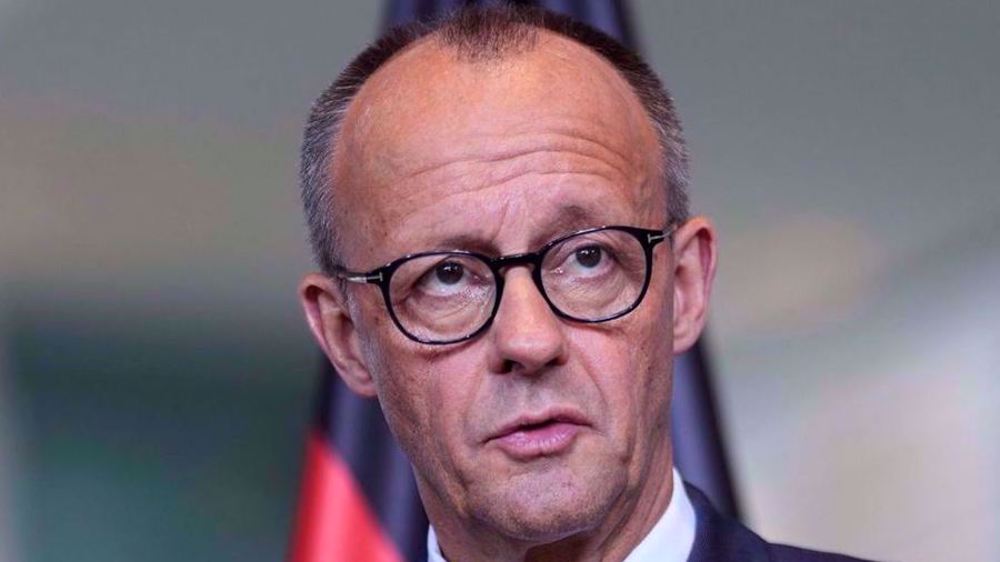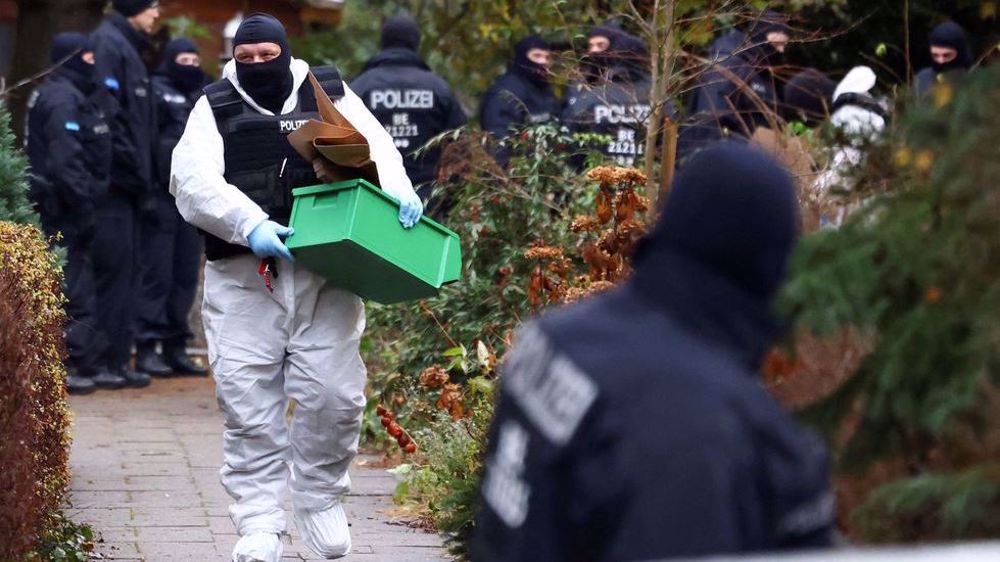Germany's inflation likely to remain high for another two years: Top economist
The German inflation is likely to remain high until the end of 2024 as the country's companies pass on the rise in their costs to the customers and some doing so very heavy-handedly, warns the government's senior economic aide.
"Inflation will also be an issue in 2024, and only thereafter will we maybe see it returning to 2%," Monika Schnitzer, who heads the council of economists that advises the German government, was quoted as saying on Saturday.
"Inflation is remaining high because we are seeing second round effects, with companies passing on their higher costs - and some significantly exaggerating," she added, according to Rheinische Post newspaper.
Germany's inflation stood at around 11.3 percent in November, running high at its fastest pace since the early 1950s.
Schnitzer said she was concerned about high electricity prices, saying the government should urgently check whether it would make sense to let the remaining three nuclear plants run for two or three years longer than planned.
"It would make sense to quickly order new fuel rods now, that would give us more security next winter," she added.
Germany had initially planned to phase out nuclear power by the end of this year, but the government decided in October to extend the lifespans of the remaining three plants until April given the current energy crisis. Some members of government would like to see their lifespan extended further.
Berlin has blamed the situation partly on Russia's February-present day war on Ukraine.
European countries have slapped Russia with a slew of sanctions in order to supposedly punish the Kremlin over the conflict. Moscow has, in turn, significantly reduced its gas exports to the continent, thus leaving the countries to their own device as winter approaches.
Earlier this month, the European Union's energy ministers agreed to trigger a cap if gas prices exceeded 180 euros per megawatt hour for three days on the Dutch Title Transfer Facility (TTF) gas hub's front-month contract, which serves as the European benchmark.
The price cap can be triggered starting from February 15, 2023, Reuters reported, citing a document detailing the final deal.
Germany played an instrumental role in conclusion of the agreement.
The Deutsche Bundesbank, Germany's central bank, has, however, warned that even a planned price cap on gas and electricity might not be enough to bring inflation down from double digits.
'Powerful strike': IRGC hits US destroyer with ballistic, strategic cruise missiles in Indian Ocean
IRGC: 16th wave of retaliation hit heart of occupied territories; enemy casualties stand at 680
We avenge the innocent until our last breath: Iran's parl. speaker
170 students, teachers martyred in ‘deliberate’ strikes on Iranian schools: Minister
Iran’s air defense systems down six advanced Hermes drones
US defenses overwhelmed by Iran’s drone and missile barrages: WSJ
IRGC says second US THAAD anti-missile unit destroyed
CNN journalists abducted by Israel while reporting on damage from Iranian strikes













 This makes it easy to access the Press TV website
This makes it easy to access the Press TV website